As clinics increasingly move toward digital systems—EHRs, patient portals, telemedicine platforms—data security is no longer optional. It’s a critical responsibility. Patient records, billing information, and medical histories must be protected not only for ethical reasons but also to comply with global laws like HIPAA, GDPR, and local healthcare regulations.
This blog will break down the essential practices your digital clinic must adopt to ensure airtight data protection—building patient trust and avoiding legal penalties.
🔐 Why Data Security in Clinics Is Non-Negotiable
Healthcare data is one of the most targeted types of personal information by cybercriminals. A single breach can expose:
⦁ Medical history
⦁ Identity details (e.g., CNIC, SSN)
⦁ Payment information
⦁ Prescriptions and lab reports
Beyond reputational damage, non-compliance with data security laws can result in hefty fines and lawsuits.
🧰 1. Adopt End-to-End Encryption
What it means:
Encryption converts sensitive information into unreadable code unless accessed by an authorized key.
Best Practices:
⦁ Use SSL/TLS for all web-based tools (e.g., patient portals, teleconsultation).
⦁ Encrypt data in transit (while sending) and data at rest (while stored).
⦁ Regularly update your encryption protocols.
✅ TIB.Health ensures bank-grade encryption across all digital channels.
🛡️ 2. Comply with HIPAA, GDPR & Local Laws
HIPAA (USA): Focuses on data privacy, integrity, and access control.
GDPR (EU): Gives patients rights to their data, consent, and deletion.
Local laws (e.g., Pakistan’s PDPA): Require security-by-design and local storage.
What to do:
⦁ Obtain explicit patient consent before storing or sharing data.
⦁ Ensure your software includes audit trails and role-based access control.
⦁ Provide a clear privacy policy on your website.
✅ With TIB.Health, your clinic can operate within global compliance frameworks with ease.
🔍 3. Use Role-Based Access Controls (RBAC)
Not every staff member needs access to all patient data.
Implement:
⦁ Access levels by department (e.g., receptionist vs. physician vs. billing admin).
⦁ Two-factor authentication (2FA) for staff and doctors.
⦁ Password policies with frequent resets.
✅ RBAC reduces risk of insider breaches and enforces accountability.
💾 4. Backup Patient Data Securely
A ransomware attack or accidental deletion can wipe out critical medical records.
Best Practices:
⦁ Set up automated daily or weekly backups.
⦁ Store backups on secure cloud platforms or encrypted external drives.
⦁ Test your backup restore system regularly.
✅ TIB.Health offers automatic cloud backups with disaster recovery protocols.
🧯 5. Monitor and Audit System Activity
Don’t wait for a breach to discover weaknesses.
Key Steps:
⦁ Log every system login, file access, or data modification.
⦁ Enable alerts for suspicious activities (e.g., login from unknown IPs).
⦁ Perform regular penetration testing and vulnerability scans.
✅ With TIB.Health, you can view audit trails and user logs to track data flow and system use.
🧑⚕️ 6. Train Your Staff in Cyber Hygiene
Technology is only as secure as the people using it.
Educate your team on:
⦁ Recognizing phishing emails and scam links.
⦁ Never sharing passwords or writing them down.
⦁ Locking screens when stepping away from workstations.
✅ Make cybersecurity part of your clinic’s onboarding and refresher training programs.
✅ Final Thoughts
In today’s healthcare landscape, data security is an essential foundation—not an afterthought. Whether you run a solo practice or a multi-branch clinic, protecting patient data builds trust, ensures compliance, and protects your reputation.
At TIB.Health, we combine world-class encryption, compliance readiness, and access control into one secure platform. Let us help you safeguard your digital clinic—so you can focus on what matters most: your patients.
🌐 Learn more at www.tib.health

